The DBT Center at EBTCS
Welcome to the Dialectical Behavior Therapy (DBT) Center at EBTCS!
Since 2002, we have provided comprehensive DBT and related services.
DBT is considered the most researched, best supported treatment for borderline personality disorder (BPD). However, research clearly shows that DBT is not just for BPD; it is effective in treating anyone with problems regulating intense emotions.
At EBTCS we strive to provide the highest quality care and help individuals build a life that feels worth living. In person and virtual/telehealth services available. Some services may be available in Spanish.
Find out about our intensive outpatient services
See More InfoWhat is comprehensive DBT?
Developed at the University of Washington by Marsha Linehan, PhD, ABPP, DBT is an evidence-based treatment (meaning there is research showing it works) for those who have difficulty managing intense emotions.
The DBT Center at EBTCS is certified by the DBT-Linehan Board of Certification, a rigorous process that establishes that our program closely follows the treatment manual, the principles set forth by Dr. Linehan, and the protocols used in DBT research.
Our standard comprehensive DBT program includes:
- Weekly individual therapy
- Weekly skills training
- Phone consultation
- Daily diary cards
- Therapist attendance in a weekly DBT team meeting
We have other, optional services, as well, including psychiatry, family meetings, parent training, mindfulness training, and others.
What is skills training?
Skills training is one component of comprehensive DBT. In weekly skills training, which is typically conducted in a group setting, we teach the following skills:
Mindfulness: Learning how to increase awareness, see yourself and situations more clearly, and slow down impulsive reactions
Interpersonal effectiveness: Getting what you want while maintaining good relationships with others, as well as maintaining your own self-respect
Emotion regulation: Learning how to skillfully experience and regulate emotions, and how to let emotions work for you instead of against you
Distress tolerance: Learning ways to survive a crisis without making it worse, and learning how to accept a distressing situation such that change can be made possible.
What sets the DBT Center apart?
We provide comprehensive DBT. This means we provide the entire treatment, or we can provide specific components that we believe will be helpful to you. We provide flexible, very tailored treatment that is carefully designed for you.
We treat individuals who have severe problems with emotion dysregulation, using the best evidence along with a compassionate, individualized approach.
Within DBT, we provide a wide variety of evidence-based treatments, including CBT and other interventions for your specific problems. For example, within DBT you might receive CBT for insomnia, exposure therapy for anxiety, or behavioral activation for depression.
We see clients that have been turned down by other centers. We often accept individuals who are suicidal, engage in self-injurious behavior, and/or who have been told they need more intensive treatment.
We are certified by the DBT-Linehan Board of Certification. This is a very rigorous process that demonstrates we provide gold-standard, comprehensive DBT. We were one of the first programs in the nation to receive this prestigious certification. Please see dbt-lbc.org for more information.
We can easily work with other programs at EBTCS to maximize your treatment (Anxiety Centers, Eating Disorder Center).
We carefully monitor progress to be sure that treatment is effective for you.


